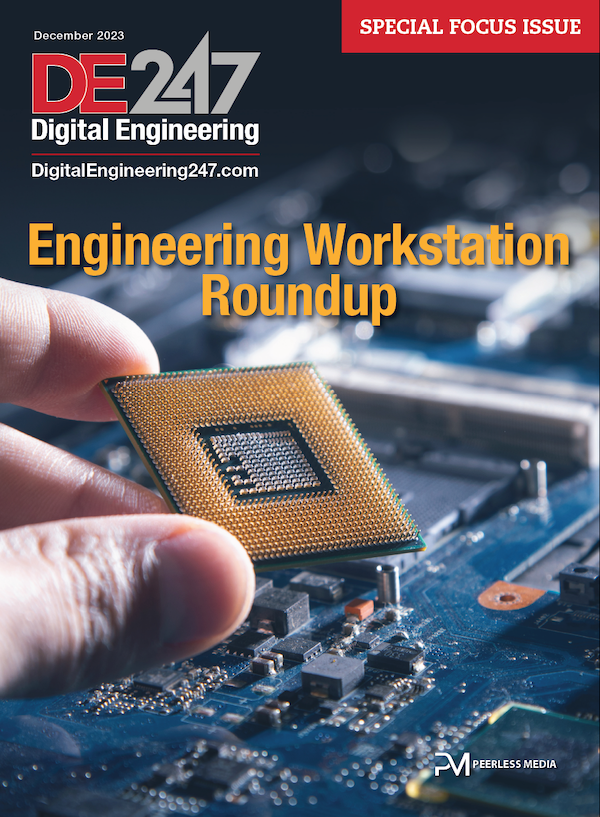SC17 Reveals Keynote Presentation
Latest News
August 22, 2017
Philip Diamond, director general of the international Square Kilometer Array (SKA) project, will be the keynote speaker at SC17, the International Conference for High Performance Computing, Networking, Storage and Analysis that will take place in Denver, November 12-17.
SKA is an international collaboration to build a large global radio telescope. Diamond, accompanied by Dr. Rosie Bolton, SKA Regional Centre Project Scientist, “will take SC17 attendees around the globe and into the observable universe as they describe the SKA’s international partnership that will map and study the entire sky in detail,” SC17 organizers say.
As director-general of the SKA, Prof. Diamond coordinated the global effort to establish and oversee 12 international engineering consortia, joining over 100 companies and research institutes and 600+ experts in 20 countries to design the SKA.
Thousands of antennas distributed across two continents will generate petabytes—quadrillions of bytes—and eventually exabytes (one exabyte is a quintillion bytes) of data, making the SKA a notable project in big data and extreme-scale computing, SC17 organizers note.
With its ability to pick up very small and faint objects in the sky, the SKA is designed to enable astronomers to make discoveries in areas such as the formation of Earth-like planets, the detection of gravitational distortions of space-time in our galaxy, the origin of cosmic magnetic fields, and the understanding of the formation and growth of black holes.
“Like Wi-Fi and the World Wide Web before them, some of these innovations will trickle down to society and be applied in other fields,” says Diamond. ”For instance, spin-offs in areas linked to the SKA’s computing activities could benefit other power-efficient systems that need to process large volumes of data in remote areas from geographically dispersed sources.”
As SKA Regional Centre Project Scientist, Dr. Bolton is looking at how to distribute hundreds of petabytes of data products per year to thousands of scientists around the world and also determine best practices based on how the scientific community will interact with that data.
The SKA is promoting technology development in collaboration with industry to act as a testbed of emerging technologies for potential future market applications, SC17 organizers note. Potential areas of innovation include data management techniques; data mining and analytics; and imaging algorithms, remote visualization, and pattern matching.
For more info, visit SC17.
Sources: Press materials received from the company.
Subscribe to our FREE magazine, FREE email newsletters or both!
Latest News






